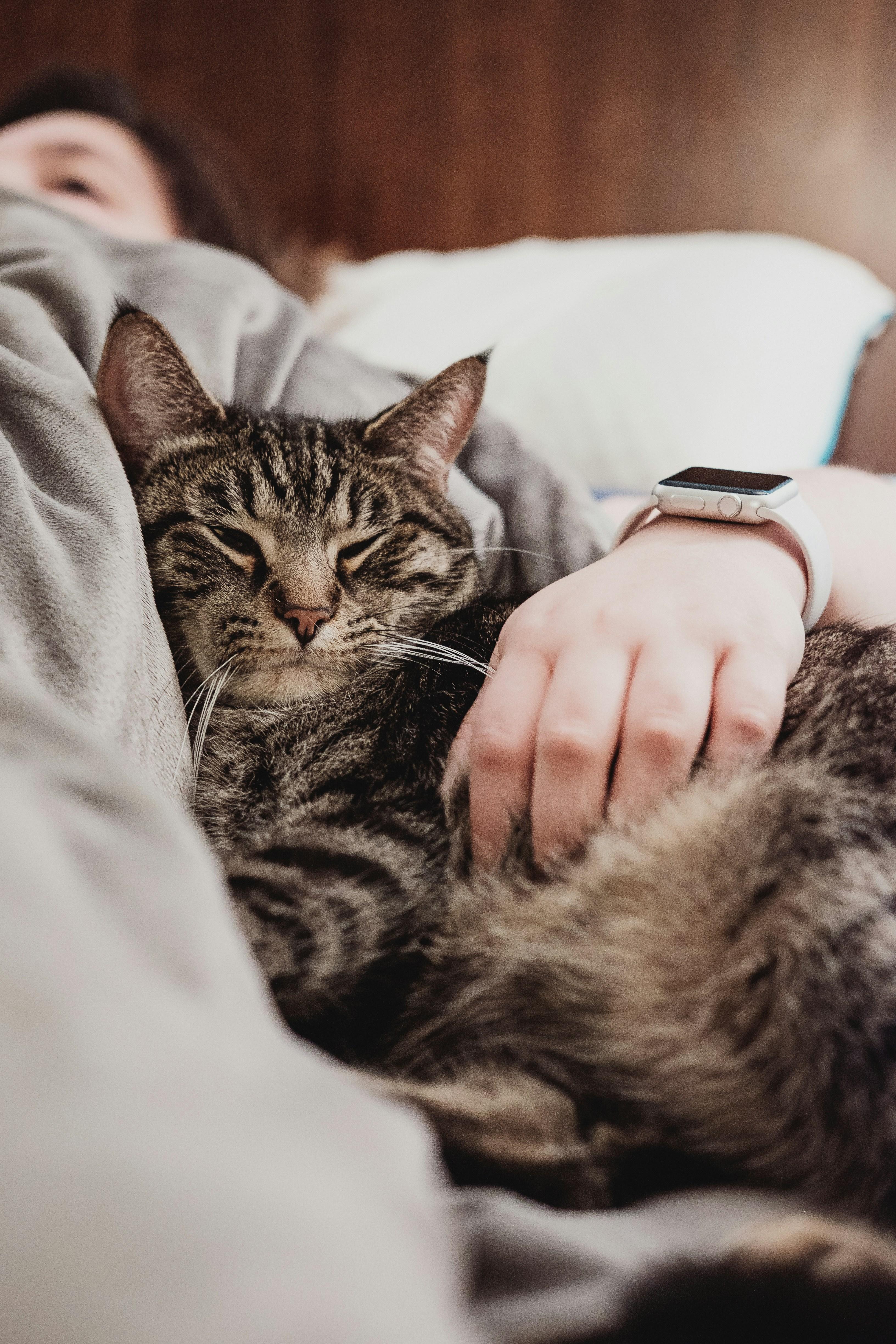In the quiet moments shared with our pets, as they curl up beside us or greet us with wagging tails, we often wonder how to ensure their happiness and health for as long as possible. The bond between humans and animals is a tapestry woven with love, trust, and care. But as our furry companions age, the specter of chronic illness can loom large, casting a shadow over these cherished relationships. Enter the realm of preventative care—a proactive approach that promises to shield our pets from the ravages of time. But can it truly stand as the sole guardian against chronic illnesses? Let’s explore the gentle art of prevention and discover whether it holds the key to our pets’ enduring vitality.
Understanding the Role of Preventative Care in Pet Health
Preventative care plays a pivotal role in nurturing a pet’s well-being and staving off potential health issues before they escalate. By focusing on early detection and routine check-ups, pet owners can significantly enhance their furry friends’ quality of life. Regular veterinary visits allow for timely vaccinations, dental cleanings, and the monitoring of weight and diet, which are crucial in preventing chronic conditions.
Incorporating preventative measures involves a few key practices:
- Vaccinations: Essential in protecting against common diseases.
- Nutrition: A balanced diet tailored to your pet’s age and breed.
- Exercise: Regular physical activity to maintain a healthy weight.
- Parasite Control: Routine treatments to prevent infestations.
While preventative care cannot guarantee immunity from all chronic illnesses, it undeniably lays the groundwork for a healthier, happier life for your pet.

The Science Behind Preventative Measures and Pet Longevity
Understanding the science behind preventative care unveils how it can significantly contribute to a pet’s longevity. By focusing on early detection and regular health assessments, these measures help identify potential health issues before they develop into chronic conditions. Routine veterinary check-ups are crucial as they allow for early intervention, which can often mitigate the progression of diseases. Preventative care isn’t just about addressing health concerns; it’s about enhancing a pet’s quality of life through proactive wellness strategies.
- Nutrition: A balanced diet tailored to a pet’s age, size, and breed can prevent obesity and related diseases.
- Exercise: Regular physical activity supports cardiovascular health and maintains an optimal weight.
- Vaccinations: Keeping vaccinations up to date protects against infectious diseases.
- Dental Care: Good oral hygiene can prevent periodontal disease, which is linked to heart and kidney issues.
While preventative care forms the backbone of pet health management, it must be complemented by a loving environment and attentive care to truly maximize a pet’s lifespan.

Balancing Routine Check-ups and Lifestyle for Healthier Pets
While routine check-ups are essential for detecting potential health issues early, a balanced lifestyle is equally crucial for maintaining your pet’s overall well-being. Regular visits to the vet allow for early detection of problems, vaccinations, and professional advice tailored to your pet’s specific needs. However, integrating these check-ups with a lifestyle that promotes physical and mental health can significantly enhance your pet’s quality of life.
Consider the following aspects to complement preventative care:
- Nutrition: Provide a balanced diet rich in essential nutrients to support immune function and energy levels.
- Exercise: Regular physical activity helps maintain a healthy weight and reduces the risk of chronic conditions like arthritis and diabetes.
- Mental Stimulation: Engage your pet with toys and activities that challenge their mind and keep them happy.
- Social Interaction: Ensure your pet has opportunities to interact with other animals and humans, which can reduce stress and improve behavior.
Combining these elements with regular veterinary care creates a comprehensive approach that can significantly lower the risk of chronic illnesses, ensuring your pet enjoys a long, healthy life.

Expert Tips for a Proactive Approach to Pet Wellness
Ensuring your pet’s long-term health isn’t just about regular vet visits; it’s about embracing a holistic lifestyle that anticipates potential issues before they arise. Here are some expert insights to help you stay ahead:
- Balanced Nutrition: Tailor your pet’s diet to their specific needs, focusing on high-quality ingredients that promote vitality and prevent obesity.
- Regular Exercise: Consistent physical activity not only strengthens muscles but also supports mental health, reducing anxiety and stress.
- Routine Check-ups: Early detection is key. Regular screenings can catch subtle changes, ensuring timely interventions.
- Mental Stimulation: Engage your pet with puzzles and interactive toys to keep their mind sharp and alert.
- Hygiene Practices: Maintain cleanliness with regular grooming and dental care, preventing infections and other health issues.
By adopting these proactive measures, you create a robust foundation for your pet’s wellness journey, potentially minimizing the risk of chronic conditions.


































